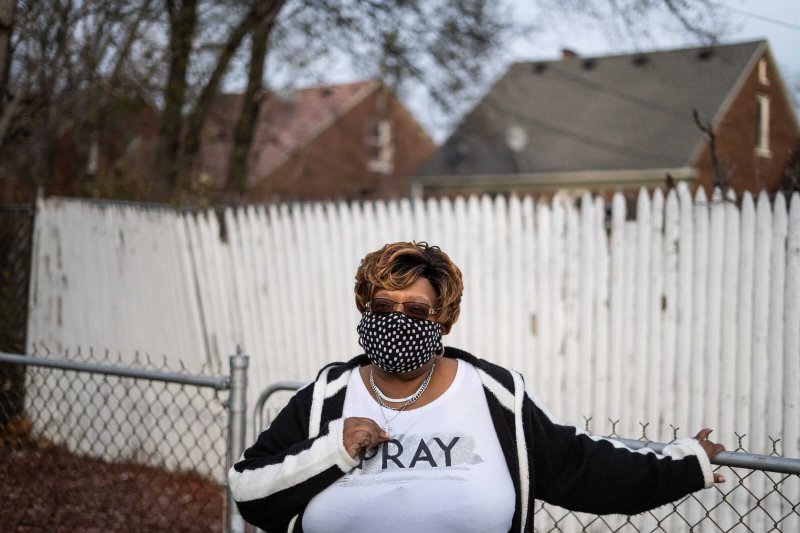In a two-day meeting [January 14-15], the federal government’s first workshop dedicated to long-term Covid-19, public health officials, medical researchers and patients said the condition needed to be recognized as a syndrome, given a name and taken seriously by doctors.
“This is a phenomenon that is really quite real and quite extensive,” Dr. Anthony S. Fauci, the nation’s top infectious diseases expert, said at the conference on [January 14].
While the number of people affected is still unknown, he said, if long-term symptoms afflict even a small proportion of the millions of people infected with the coronavirus, it is “going to represent a significant public health issue.”
Such symptoms — ranging from breathing trouble to heart issues to cognitive and psychological problems — are already plaguing an untold number of people worldwide. Even for people who were never sick enough to be hospitalized, the aftermath can be long and grueling with a complex and lasting mix of symptoms.
In an inadvertent but stark illustration of the difficulty of the recovery process, two of the four patients scheduled to speak at the meeting were unable to because they had recently been hospitalized. “Those individuals had their acute illness several months ago and they’ve been suffering pretty mightily since then,” [infectious disease expert Dr. Michael] Saag said.































